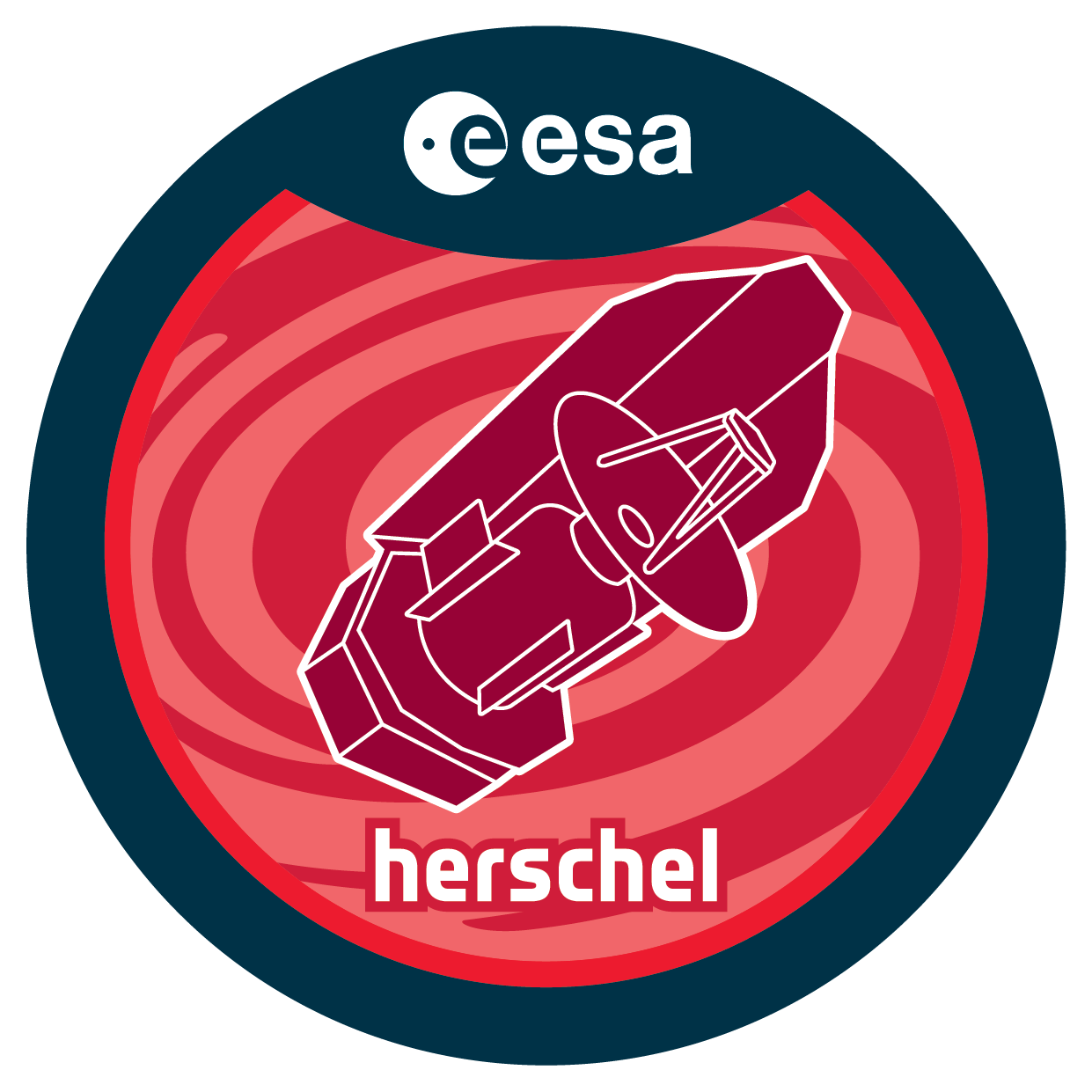

| Name | OT1_sveilleu_3 |
| Title | Molecular Outflows in Gas-Rich Mergers |
| URL | http://archives.esac.esa.int/hsa/whsa-tap-server/data?retrieval_type=OBSERVATION&observation_id=1342223801&instrument_name=PACS&product_level=LEVEL0&compress=true |
| DOI | https://doi.org/10.5270/esa-ocqo6i0 |
| Author | veilleux, s. |
| Description | The role of galactic winds in gas-rich mergers is of crucial importance to understand galaxy and supermassive black hole evolution. In recent months, our group has had two major scientific breakthroughs in this area: (1) the discovery from our SHINING guaranteed-time PACS survey of ultraluminous infrared galaxies (ULIRGs) of a 1400-km/s molecular OH wind in the nearest quasar, Mrk 231. (2) The independent discovery from mm-wave CO interferometric observations in the same object of a spatially resolved molecular wind with estimated mass outflow rate 4-10x larger than the star formation rate. Remarkably this CO outflow coincides spatially with blueshifted neutral gas in our optical spectra. This powerful outflow may be the long-sought smoking gun of quasar mechanical feedback purported to transform gas-rich mergers. However, our SHINING survey contains only 2 other warm quasar-dominated late stage mergers like Mrk 231 (one of them also shows a high-velocity OH outflow, while the other has not yet been observed). So here we request 32.5h to obtain high-S/N OH 119 um spectra of 15 additional quasar-dominated late stage mergers. We have a comprehensive set of multiwavelength data on all of these objects, including crucial spatially resolved optical Na ID absorption spectroscopy. The combined sample of 20 cold ULIRGs and 18 warm ULIRGs/QSOs will allow us to address the role of mechanical feedback in mergers after the first peri-passage, i.e. when mechanical feedback from the starburst/QSO is predicted to be at its maximum. We will look for trends between the basic measured properties of OH (incidence of absorption, kinematics, column densities) and host/evolutionary indicators. In cases of kinematic match between OH features and spatially resolved neutral-gas clouds, we will be able to infer the masses and kinetic energies of these outflows. Measured velocities in excess of ~1000 km/s or inferred mass outflow rates much larger than the star formation rates would be telltale signs of AGN-driven winds. |
| Publication |
|
| Instrument | PACS_PacsRangeSpec_point |
| Temporal Coverage | 2011-07-08T14:54:44Z/2012-02-20T19:32:27Z |
| Version | SPG v14.2.0 |
| Mission Description | Herschel was launched on 14 May 2009! It is the fourth cornerstone mission in the ESA science programme. With a 3.5 m Cassegrain telescope it is the largest space telescope ever launched. It is performing photometry and spectroscopy in approximately the 55-671 µm range, bridging the gap between earlier infrared space missions and groundbased facilities. |
| Creator Contact | https://support.cosmos.esa.int/h®erschel/ |
| Date Published | 2012-08-20T14:56:57Z |
| Last Update | 2025-01-24 |
| Keywords | Herschel, HSC, submillimetre, far-infrared, HIFI, PACS, SPIRE |
| Publisher And Registrant | European Space Agency |
| Credit Guidelines | European Space Agency, veilleux et al., 2012, 'Molecular Outflows in Gas-Rich Mergers', SPG v14.2.0, European Space Agency, https://doi.org/10.5270/esa-ocqo6i0 |